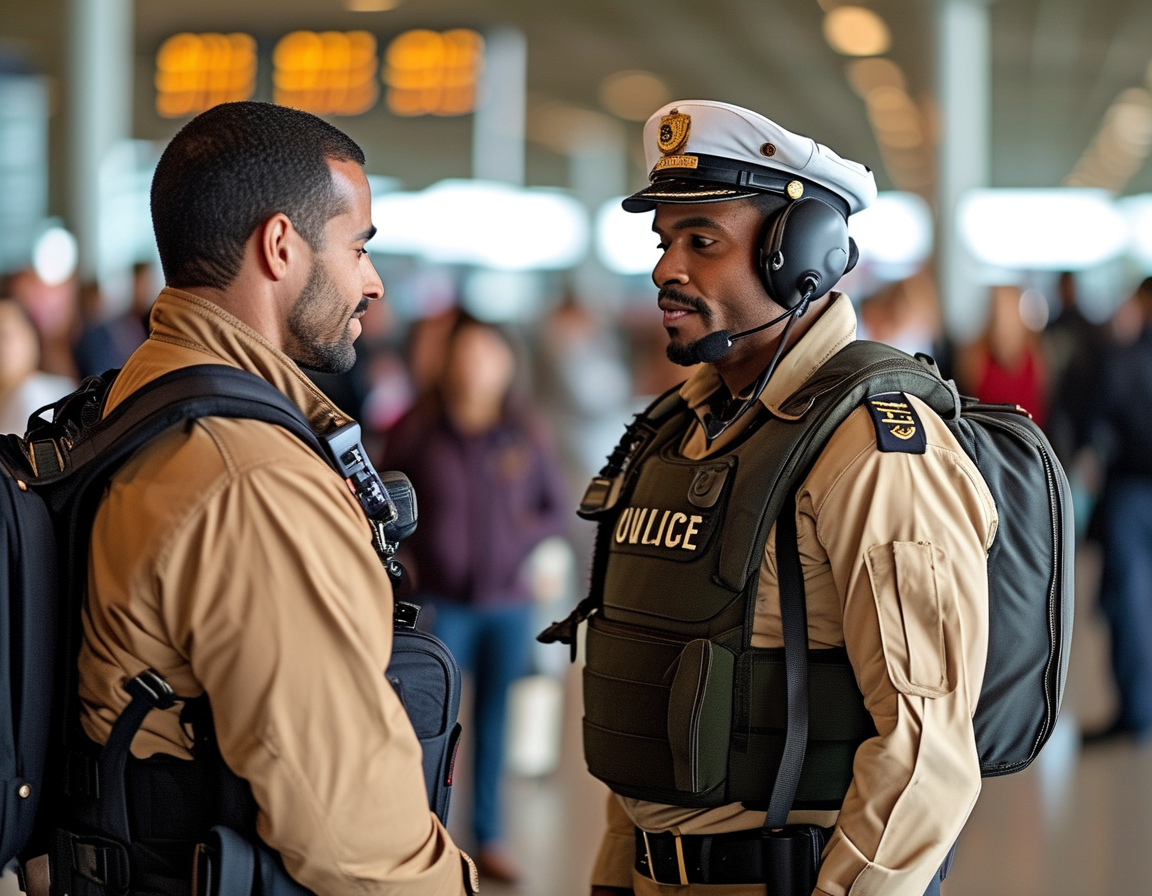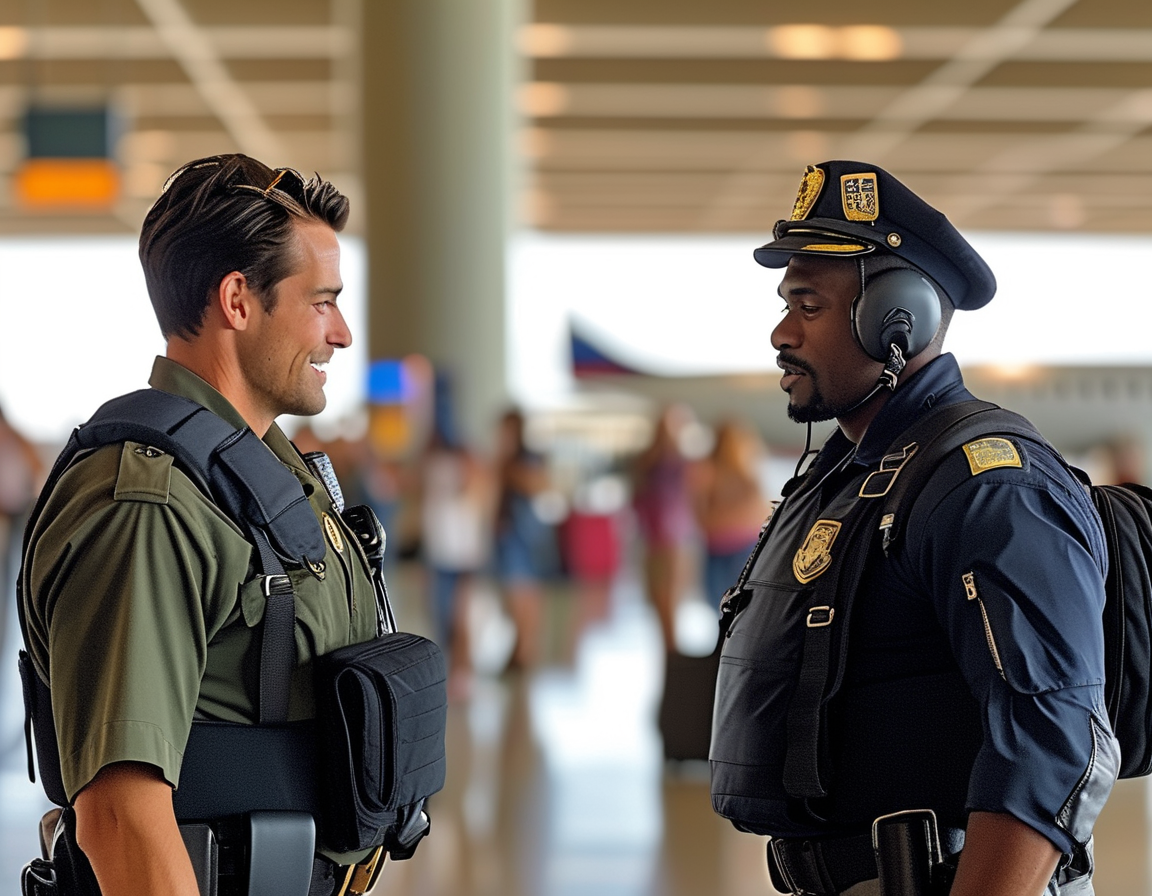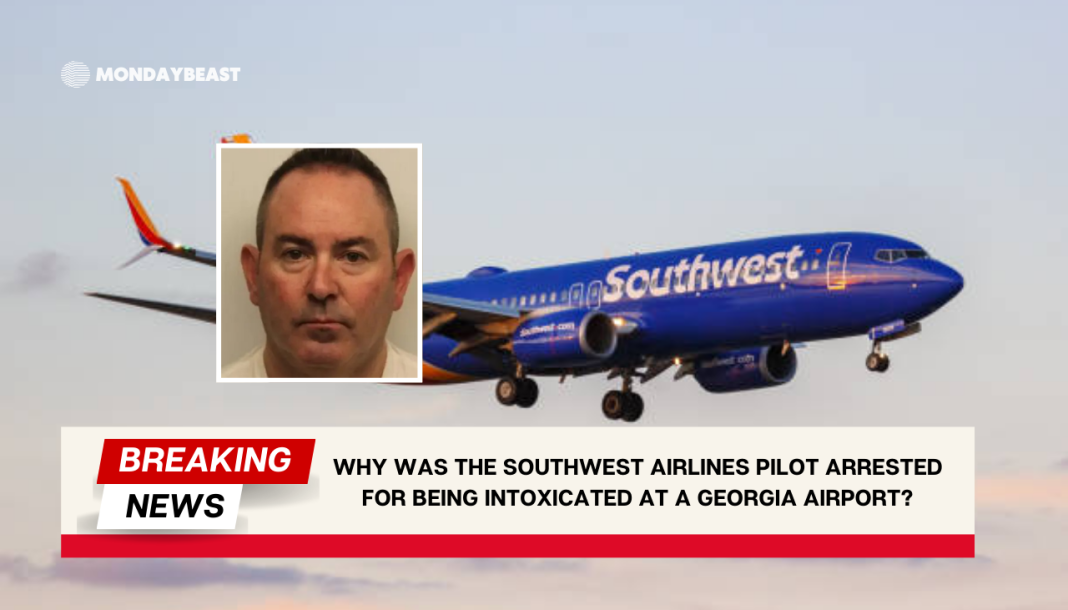Pilot Arrested in Savannah
On a routine morning at Savannah/Hilton Head International Airport, travel plans took an unexpected turn. Just before takeoff, police arrested David Allsop, a 52-year-old Southwest Airlines pilot. Allegations of arriving intoxicated swept through the terminal, sending shockwaves through the travel community. This incident raised immediate questions about safety protocols and diligence—two cornerstones of commercial aviation. What does this mean for passengers and crew members?
The drama unfolded on Southwest Flight 3772, bound for Chicago, which was grounded for nearly four hours. Passengers found themselves waiting, not knowing what was transpiring behind the scenes. As the clock ticked, some might have felt frustration bubbling. Would they miss connections? How could this happen? The disruption illuminated a terrible reality: even the most professional fields can have lapses that endanger public safety.
A Closer Look at the Incident

Authorities disclosed that Allsop was apprehended around 7 a.m. his time, charged with driving under the influence. A conditional headline tells only part of the story. Behind the arrest lies an individual grappled by choices that ultimately led to this public spectacle. Southwest Airlines swiftly stated that Allsop had been removed from duty. The airline assured passengers that safety remains their top concern. But still, one must wonder about the system that allowed such a situation to arise.
Can you imagine the anxiety felt by passengers waiting for nearly four hours, uncertain if their trip would become a nightmare? While Southwest promised accommodations on other flights, the incident dampened the travel spirits. The reality is, air travel is presumed safe, almost infallible. Yet here we are, pondering the fragility of trust in the aviation system.
A Rare but Alarming Context
Incidents of pilots being arrested or taken off duty for alcohol-related issues, though uncommon, do occur. Just last year, Japan Airlines had to cancel a flight when a pilot was suspected of drinking excessively prior. The airline opted for caution, even without evidence of rule violations. Should we applaud this conservative approach, or question the gaps in their standards? It poses an uncomfortable conversation about drinking culture in the aviation field.

It’s important to recognize the stakes here. Lives depend on pilots making sound judgments. Every flight is entrusted with passengers’ safety, meaning the repercussions of one person’s actions can ripple across many. As the situation unfolds, I’m left to wonder: how can systems be strengthened to prevent such alarming events from happening?
Moving Forward: Important Lessons
In the aftermath of this incident, the aviation community must reflect and learn. This particular event underscores the need for stringent compliance with guidelines governing pilots’ conduct before flights. Transparency should be a priority; airlines need to prioritize passenger safety over expedience. Passengers must feel secure, unshaken by their chosen carriers. Attaining this confidence will take time, effort, and collaboration among airlines, regulators, and the broader community.
Finally, what does recovery look like in this context? How can we ensure that pilots struggling with personal issues receive the support they need? Raising these important questions pushes us to confront these hard truths. Let us not forget: the sky may be immense, but every journey begins and ends with the trust placed in those flying it.




